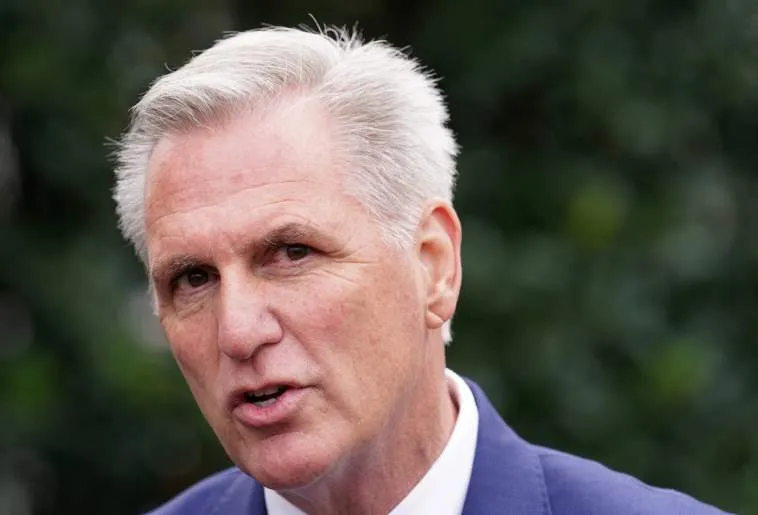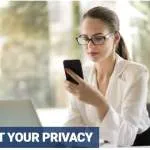(Washington Free Beacon) Top U.S. House of Representatives Republican Kevin McCarthy faces a bruising political battle on Tuesday as he seeks to overcome opposition from hardline members of his own party to win election as speaker.
The role would give him the power to steer the House agenda as his party takes the majority, giving it the power to rein in Democratic President Joe Biden and the Democratic-controlled Senate, as well as launch potentially damaging investigations into Biden’s family and administration.
After four years as the Republican minority leader, McCarthy now needs at least 218 votes to succeed Democrat Nancy Pelosi as speaker. With 222 seats, the Republicans have a slim nine-seat House majority, but several party members vocally oppose him.
A group of hard-line conservatives opposes McCarthy‘s candidacy, concerned that he is less deeply vested in the culture wars and partisan rivalries that have dominated the House and even more so since Donald Trump’s White House years.
They have criticized the California Republican for not taking a more aggressive stance against Democrats, who under Pelosi had been in control, on priorities including government funding, defense and border security.
A protracted speaker election could undermine House Republican hopes of moving forward quickly on legislative priorities involving the economy, U.S. energy independence and border security, and signal a tough year ahead when lawmakers need to agree on critical issues including addressing the nation’s debt ceiling and funding the government.
On Sunday evening, Republican lawmakers who were prepared to vote against McCarthy numbered in the double digits, according to a source familiar with the situation.
“Kevin McCarthy had an opportunity to be speaker of the House, he rejected it,” said Representative Scott Perry, chairman of the hard-line House Freedom Caucus in a Tuesday morning statement.
He said that McCarthy had rejected demands by the group on multiple issues, including term limits for members of Congress and refusing to interfere in party primaries. More broadly, hardliners are concerned that McCarthy is not as combative with Democrats as they would like. They also are seeking deep cuts in domestic spending.
No Democrats are likely to vote for McCarthy, so he does not yet appear to have enough votes to secure the job that would put him second in line for the presidency, behind Democratic Vice President Kamala Harris.
This could set the stage for hours of votes when the 118th Congress begins meeting at midday EST (1700 GMT).






